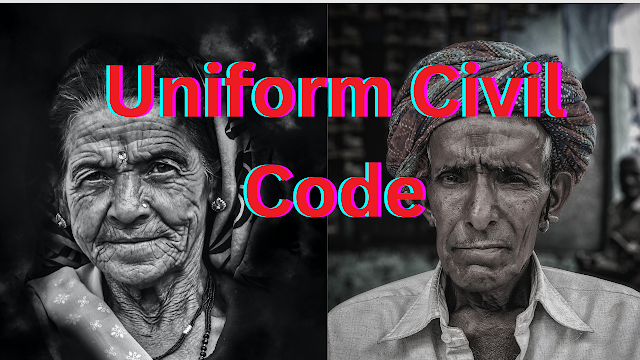Cultural and Religious Diversity
One of the most profound hurdles in implementing the Uniform Civil Code is India's remarkable cultural and religious diversity. The country is home to numerous communities, each with its distinct personal laws deeply rooted in traditions and beliefs. Attempting to homogenize these laws is met with resistance, as various groups steeped in these traditions and cultural laws may perceive it as an infringement upon their cultural autonomy.
Constitutional Protection and Religious Freedom
The Indian Constitution grants its citizens the fundamental right to practice and propagate their religion. This provision is seen by many as a safeguard against any imposition of a uniform code that might contravene religious practices. Critics argue that introducing a UCC could potentially undermine this constitutional protection, causing friction between personal freedoms and societal aspirations. This essentially opens the debate between the fundamental rights and religious or cultural freedom, which one to prevail in case of the conflict.
Political Resistance and Vote Bank Politics
The UCC debate is often hijacked by political considerations, where parties may choose to either support or oppose the code based on their vote bank interests. Minority communities are often seen as crucial vote banks, leading some politicians to resist Uniform Civil Code implementation to maintain their support. As is with every other issue, this opportunistic approach towards UCC impedes the objective and dispassionate evaluation of the code's merits.
Legal Complexity and Implementation Challenges
India's legal landscape is a labyrinth of intricate laws that often differ between communities. Creating a UCC that can comprehensively address all legal aspects across these communities is a monumental task. Crafting a code that adequately represents the diverse needs and realities of India's population is a complex legal endeavor, prone to potential gaps or ambiguities.
Lack of Consensus and Public Debate
The UCC debate is characterized by a lack of consensus among different stakeholders, including religious leaders, scholars, legal experts, and civil society. The absence of a coherent national discourse hampers the progression toward a shared vision of what a UCC should entail, leading to confusion and uncertainty regarding its potential implications.
The idea of implementing a Uniform Civil Code in India, while noble in its pursuit of legal equality and justice, is entangled in a web of intricate challenges. The country's cultural, religious, and political diversities, combined with the complex legal landscape, render its adoption a formidable task. To move forward, a balanced approach is necessary—one that respects religious freedoms preserves cultural identities, addresses gender inequalities, and fosters open, informed debates. The road to a UCC is undoubtedly laden with obstacles, but by navigating these challenges thoughtfully and collaboratively, India may eventually find a way to harmonize its diverse legal traditions with the principles of modernity and equality.
Tags
UCC

